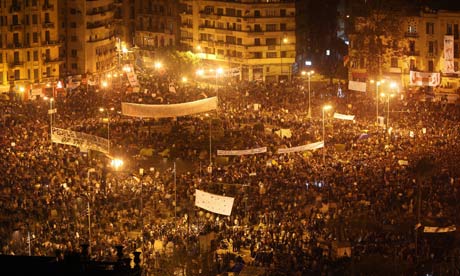There is a part of the left which has a problem with paranoia. This phenomenon is widely recognised within the left itself; I've heard socialists of all stripes joke about this or that comrade's propensity to speaking sotto voce on the phone and taking other elaborate precautions in case they are being bugged by Special Branch.
Then there's the tendency to secrecy. From the slogans which used to be daubed on Irish Republican council estate walls warning people that "lose talk costs lives" at one end to the odd case of the French far left party,
Lutte Ouvriere keeping shtum about the death of party leader,
Robert Barcia aka Hardy for a year, parts of the left have long operated by Russian revolutionary
Vyacheslav Menzhinsky's dictum that "the main merit of a chekist is to keep silent."
I say this by way of background to the ongoing Assange saga and specifically the examples of
prominent socialists and
others in public life who've been
vocal in their defence of the wikileaks' founder. It seems obvious to me that Assange isn't the most credible of characters for reasons which can be found
here and
here, yet many of his defenders are admirable, intelligent people. How is this paradox to be explained?
Some see Wikileaks and Julian Assange as
quasi-religious cult and certainly there are elements of truth in that; witness the hero worship this strange man attracts, the refusal to consider that he may be anything less than perfect, the bald insistence that he has been set up by the Great Satan.
However, I think that explanation only takes us so far: as historical materialists have
argued since Feuerbach, the question isn't that people believe in something strange but
why they believe in that strange something.
Some of the Assangist phenomenon seems like a generational thing, a hangover from the high water mark of conspiracy theories, the 60s and 70s,
which also happened to coincide with the rise of the New Left. The dazzling - or decrepit, depending on how you look at it - list of countercultural names which have attached themselves to the Assange bandwagon, the John Pilgers, Bianca Jaggers, Tariq Alis, the veteran signatories of worthy round robins to the Guardian letters page, those globetrotting demonstration leaders and party goers who speak and think in terms of military industrial complexes. These are people who seem not to have settled into wise senescence with ease.
That aside, I think a key part of the answer lies in the Left's historic memory of infiltration and dirty tricks and the conspiratorial mentality and practices it adopted in response to them. Perhaps the best example of a state agent who reached the very top of a hard left party is
Roman Malinovsky, tellingly invoked by the AWL's Jim Denham
here. There were many others. In the late 60s and early 70s - notice that time span - Special Branch officers
infiltrated British left wing movements, they dressed the part the better to blend in with their targets and were known as "hairies". And across the pond in the last month it's been
alleged that the late civil rights activist and Black Panther Party member, Richard Aoki was an FBI informant.
Consider too that some of the prominent figures who've been supportive of Assange have real life experience of miscarriages of justice, the obvious example here being the human rights lawyer,
Gareth Pierce who spent years fighting the Guildford Four case.
Put simply, if widespread sophisticated infiltration is part of your political experience, it isn't wholly surprising if you're sympathetic to the Assange narrative of a dirty-tricks conspiracy involving three Western governments and two female agents provocateurs.
But all the explanations in the world cannot render the sight of leftists losing their hearts and heads to a self-aggrandising shyster any less pitiable. It isn't only its rational clear-sightedness that the left is abandoning in favour of the deceptive glamour of romanticism but also its conscience.








